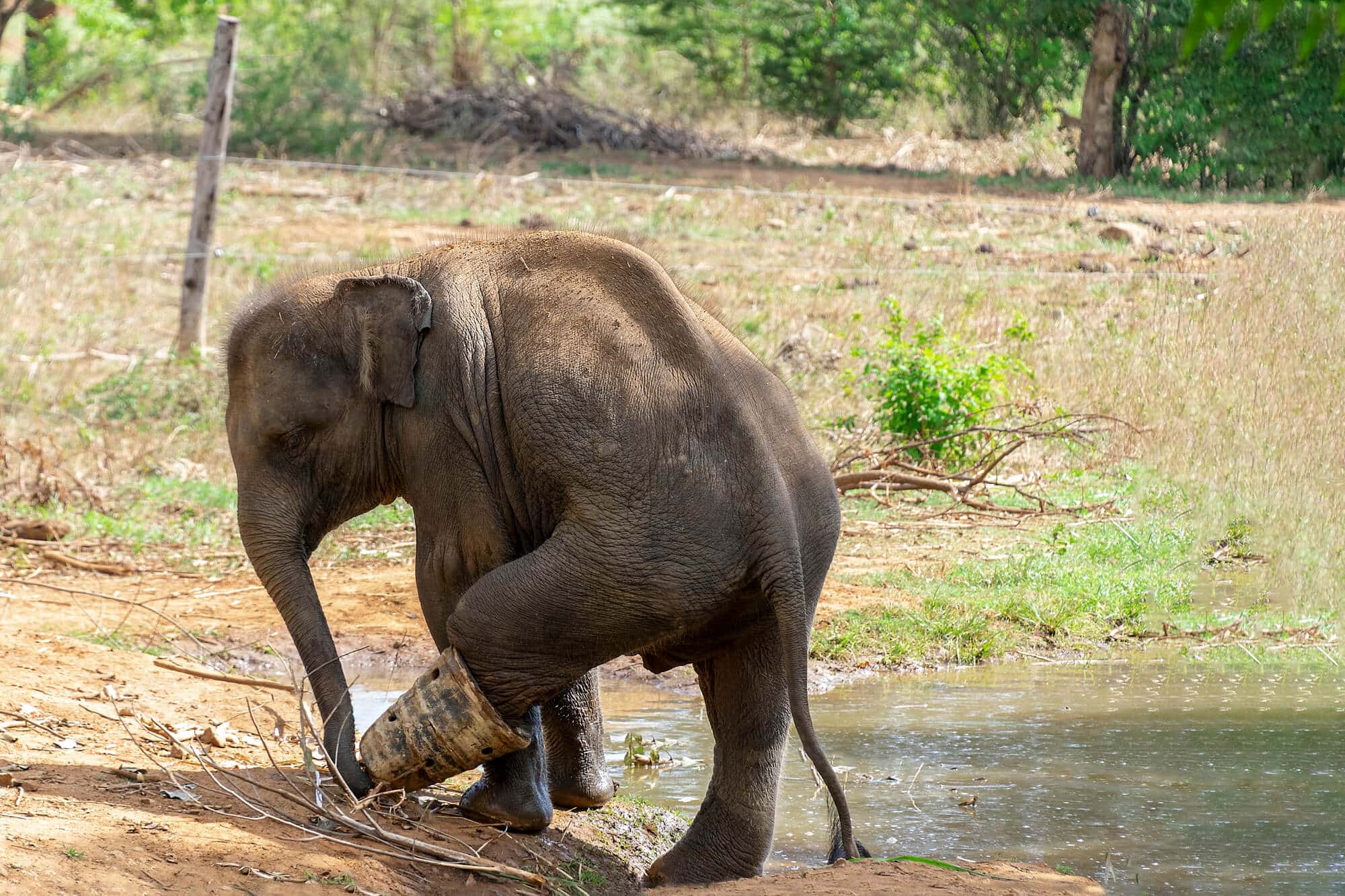Ahead of the various conferences on climate issues and the preservation of biological diversity, it turns out that trade in species from the wild is one of the main causes of extinction and severe damage to the natural environment and living systems. This must be stopped in any way possible

Ahead of the various conferences on climate issues and the preservation of biological diversity, it turns out that trade in species from the wild is one of the main causes of extinction and severe damage to the natural environment and living systems.
There is a significant difference between trade or sustainable use of natural species and trade by criminals and criminal organizations, how do you distinguish between legal and illegal, what are the dangers and what can be done to prevent offensive trade?
Illegal and unsustainable trade in mini bars is one of the main causes of extinction. Loss of species will cause a series of harms to other species and environmental systems. The loss of native species causes the invasion of foreign species and the diseases they carry.
Harm to species includes cutting down trees which adversely affects the climate, the breeding of wild species and crops and many environmental services, the supply of meat from wild animals to the markets allows the outbreak of diseases and epidemics (zoonotic) originating from the wild.
Criminal organizations are involved in trade that causes corruption in countries where there is a demand for "goods". Criminal activity including money laundering and non-payment of taxes harms the global economy. - An illegal hunter harms populations that depend on their mini bar and environmental services.
In order to stop the damage, conservationists, politicians and security agencies must ensure a sustainable trade, - understand the cultural and social demand for natural products and wildlife, in the face of the criminal trade. - Involve and strengthen leaders of local populations that depend on wild animals, - Regulate, regulate and monitor online trade, ensure that the laws in the country protect wild species from criminal trade, support scientific research and the use of labels for conservation and protection activities, allow all those involved in conservation access to technology and resources to curb stop the criminal trade. It is also recommended to establish an international network in which experts in biology, trade, MZP and other branches will take part.
Consumers also have a role in preventing harm. Among other things, they must choose products from legal sources that are sustainable, pressure the leaders to finance initiatives against the criminal trade, create awareness of the criminal trade and reduce and replace consumption that harms biodiversity. - Do not purchase unsustainable products, not in the market, not in tourist centers or anywhere. - Do not like or share a post that describes interactions between humans and wild animals. - Not to support touristic or "volunteer" activities in which there is interaction between humans and wild animals.
As someone who was an inspector on behalf of the Authority and managed a large reserve, as someone who led travelers in the Negev, Sinai, Jordan and reserves in Africa, I passed over some of the above above mainly due to a lack of understanding and knowledge. Where there was a lack, today there is information and data that clarify the vulnerability, based on this data and information, I call on everyone who can lend a hand and help prevent damage to the natural environment.
More of the topic in Hayadan:
